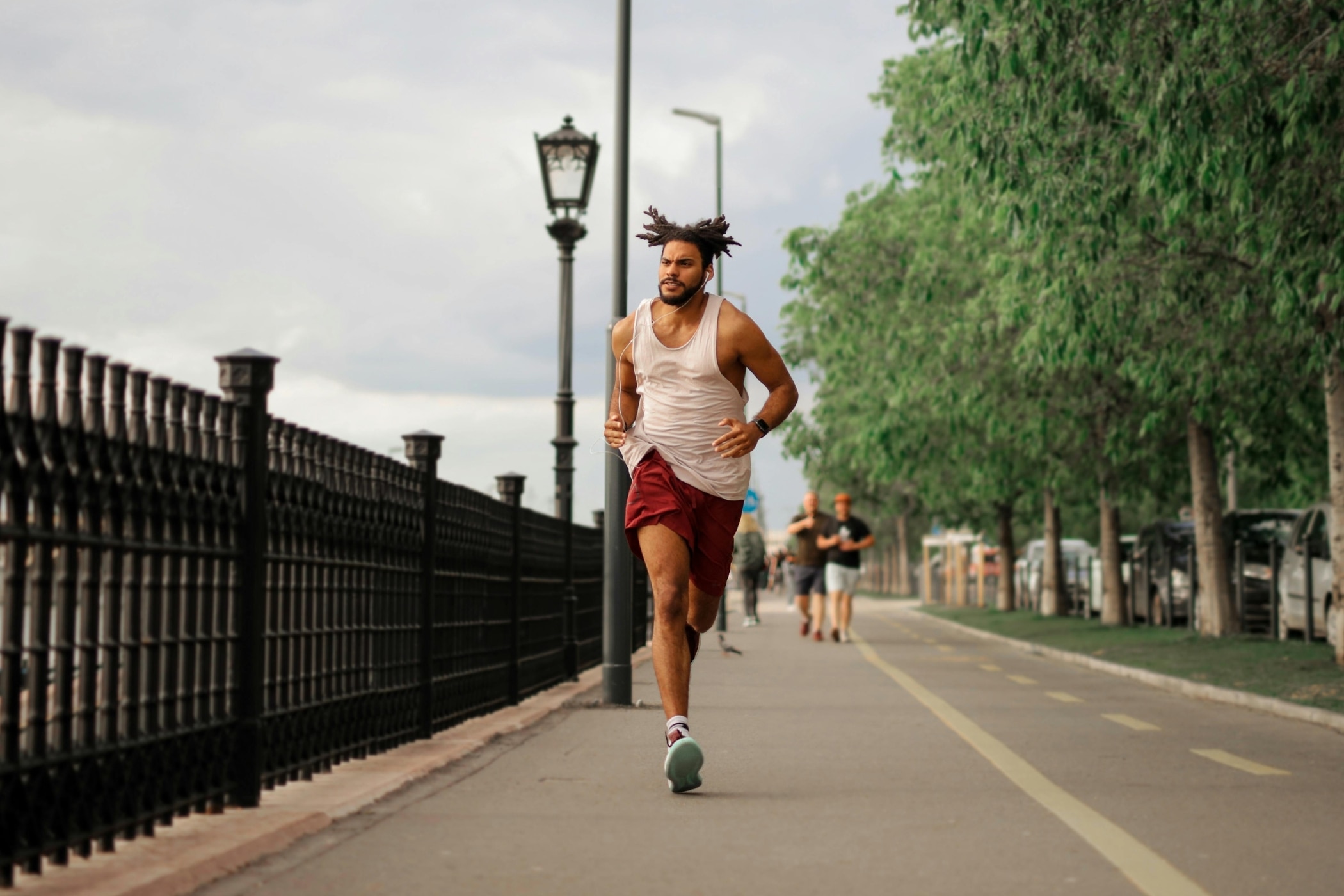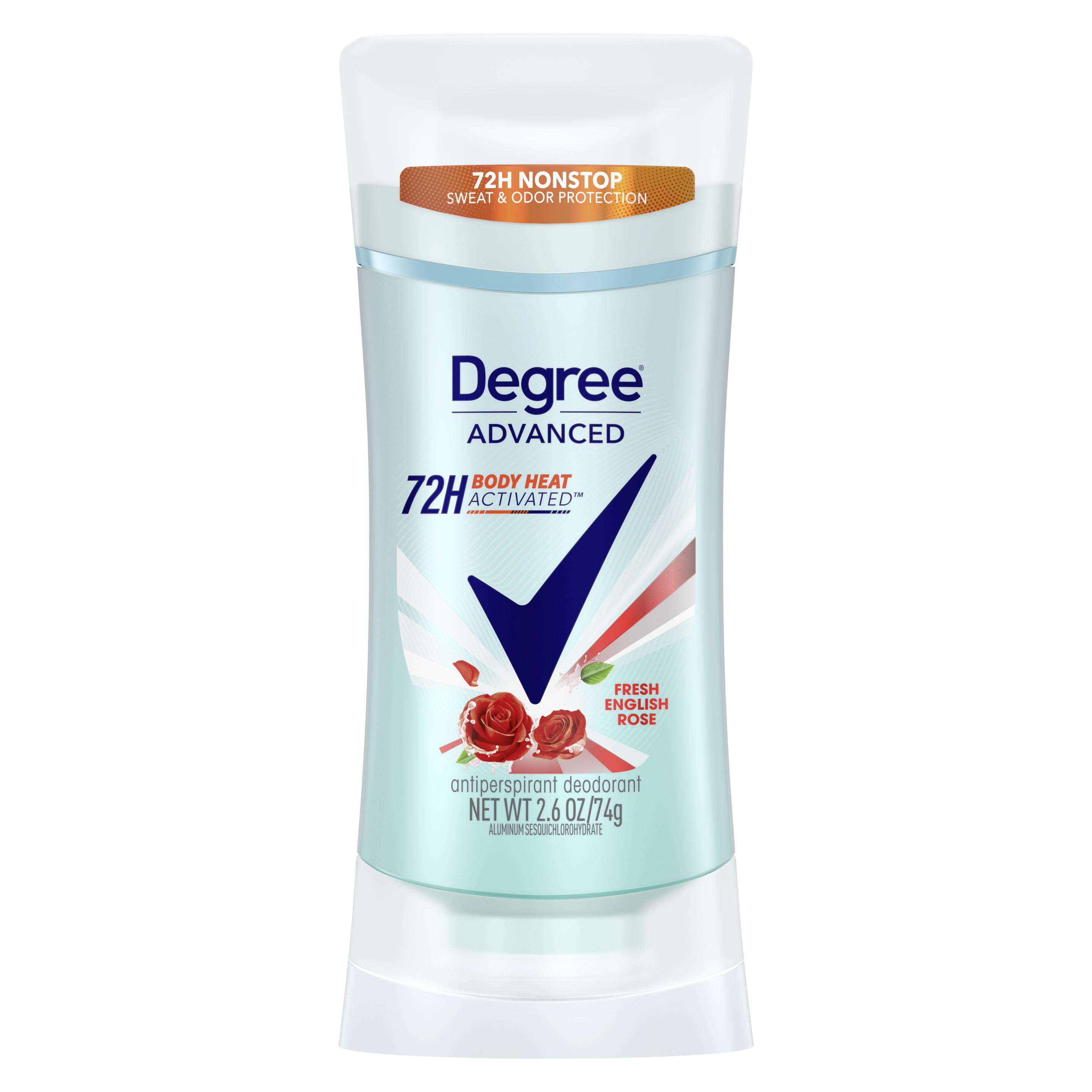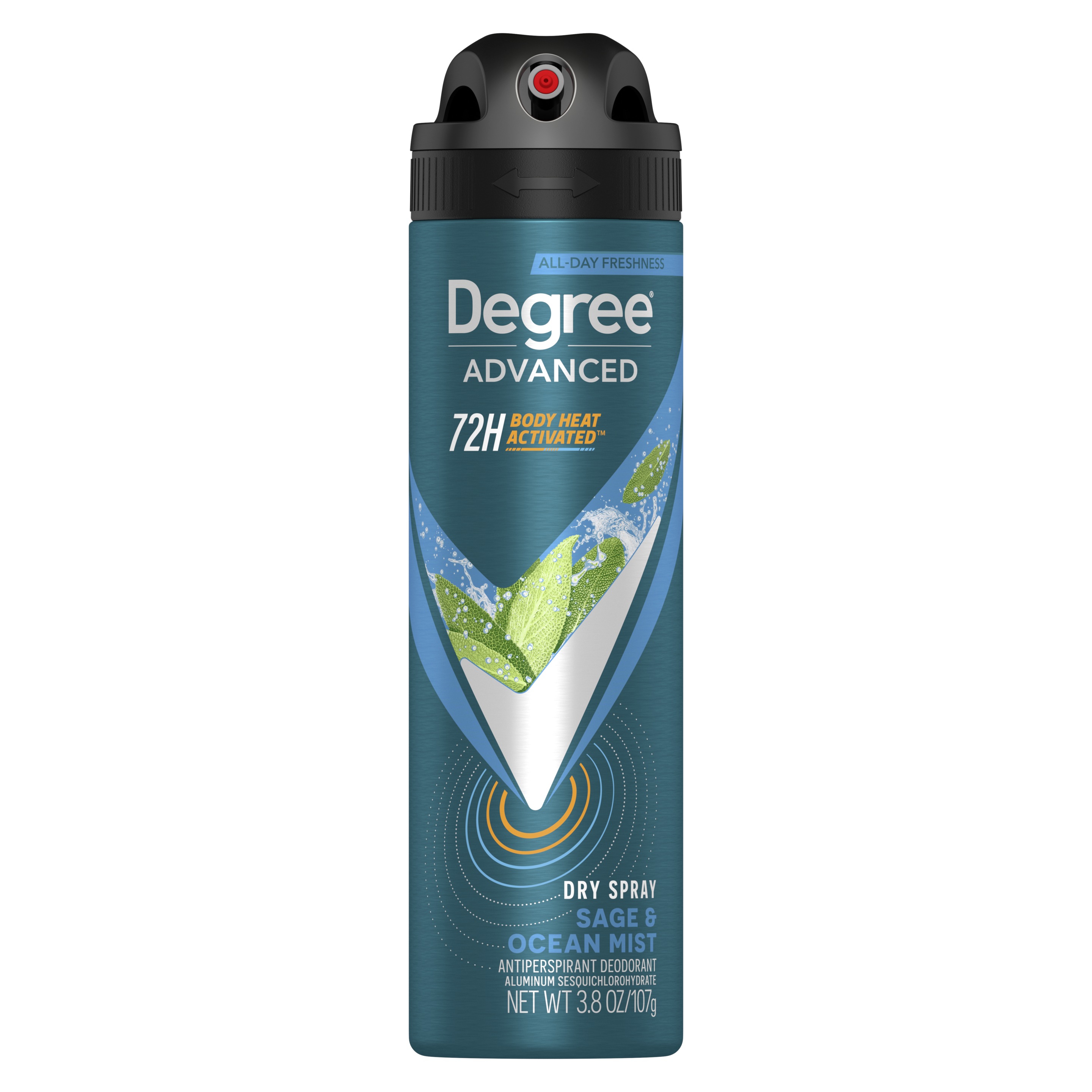Everything You Need To Know About Sweating During Workouts & Exercise
Whether you're lifting weights, jogging, or grooving to a home dance workout, those little beads of workout sweat are proof you're putting in the effort. Now, here's the question – how much sweat is too much? We're breaking it all down: why you sweat, what it does for your workout, and how to find the sweet spot between a solid session and too much sweat.
Why do I sweat so much during exercise?
When you work out, your body heats up. To cool down, it releases sweat. Think of it like your built-in air conditioner, preventing you from overheating.
Many wonder if sweating more indicates good physical fitness. Interestingly, experts suggest that as you get fitter, you might find yourself sweating more quickly and effectively during a workout — a sign that your body has become adept at handling heat.¹
Research also indicates that being in good shape, particularly if you're into activities like running or cycling, may lead to earlier and more pronounced sweating compared to those less physically active.²
Just ensure you stay hydrated and pay attention to your body — everyone's sweat game varies.
Think your body is sweating too much? Learn how to tackle excessive sweating here.
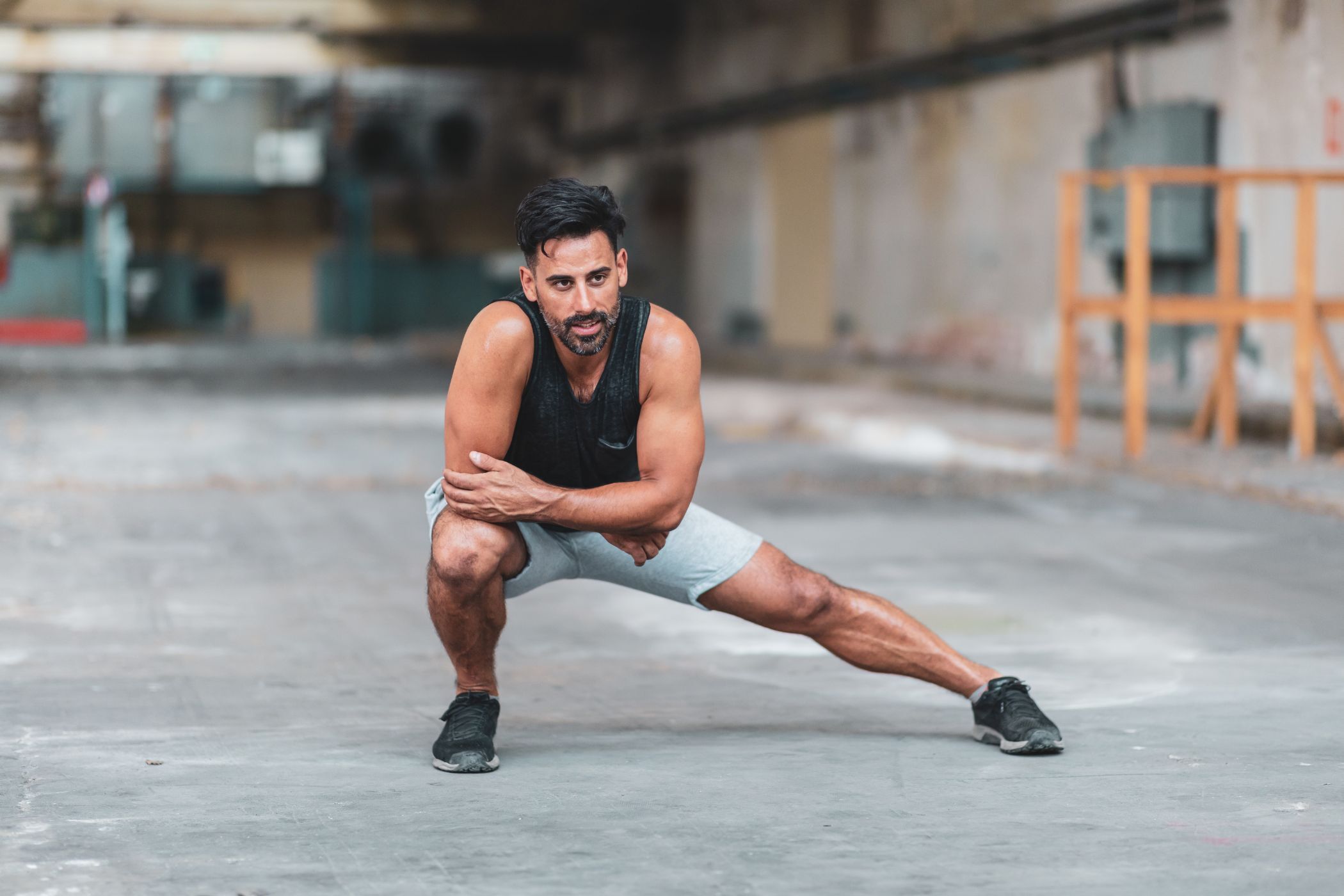
What it means if you hardly sweat while working out
Some people find that they don’t sweat much during exercise. According to experts, dehydration might be the culprit if you notice a decrease in sweat during your workout.³ So, it's crucial to stay well-hydrated by keeping a water bottle at hand to help your body cool down, especially after particularly sweaty workouts. Additionally, factors like your age and the humidity levels in the air around you will also influence how much you sweat.
Remember that sweating isn’t the only gauge of a successful workout. Focus on milestones like boosting your heart rate, enhancing endurance, and hitting those fitness targets – those are the real signs of progress.
As you get fitter, you might find yourself sweating more quickly and effectively during a workout.
5 benefits of sweating during exercise
1. Cooling down naturally
Sweating during your workout is your body's natural way of cooling down, to ensure you don't overheat and can keep going.
2. Healthy heart & body
Sweating during exercise is not a direct calorie-burning process. If you’ve noticed any immediate weight loss, it may primarily be due to temporary water loss rather than fat burn.
However, exercise has various benefits for the body and sweating during your workout usually indicates that you’re reaching a level of exercise that promotes cardiovascular health.⁴
3. Happy hormones
Feel that endorphin rush after a good workout? The endorphins released during exercise ⁵ not only lift your mood but also help you to de-stress, making your workout a double win for your body and mind.
4. Glowing skin
Although sweat does leave an obvious sheen on your skin, the renowned "post-workout glow" is mainly caused by increased blood flow resulting from exercise, which benefits all organs, including the skin.⁶
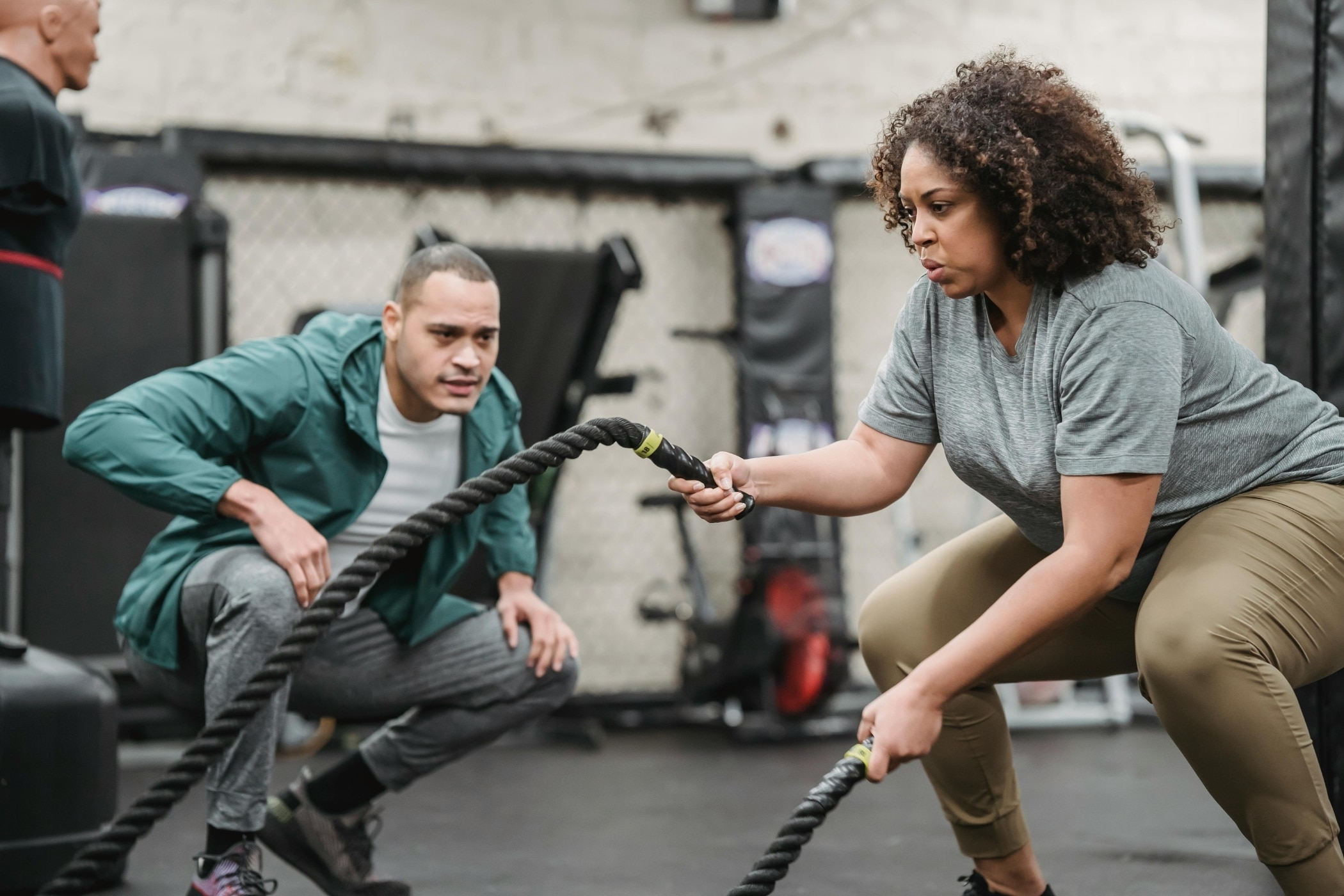
5 tips for managing sweat while working out
1. Choose breathable fabrics
Pick your workout clothes wisely — moisture-wicking and breathable fabrics will help manage sweat and keep your body comfortable. Don’t forget to bring a towel along during a workout!
2. Use the right antiperspirant
Apply an antiperspirant before exercising to reduce sweat and keep odor at bay.
Conquer your gym day with unwavering confidence with the right antiperspirant deodorant. We recommend the Degree® Advanced range, with Body Heat Activated® technology that forms a barrier against odor and sweat as your body heat rises.
For women: Degree® Advanced Fresh English Rose Antiperspirant Deodorant Stick
For men: Degree® Men Sage & Ocean Mist Antiperspirant Deodorant Dry Spray
If you find that you need more, get extra strong sweat protection with the Degree® Clinical Protection range that delivers prescription-strength wetness protection.
For women Degree® Clinical Protection Shower Clean Antiperspirant Deodorant
For men: Degree® Men Clinical Protection Clean Antiperspirant Deodorant
3. Stay hydrated
Ensure you’re drinking lots of water before, during, and after your workout. For intense workouts, consider drinking sports drinks for electrolyte balance. Not only will this help prevent dehydration, but water will help cool your body down too. This will, in turn, avoid triggering your sweat response, resulting in reduced perspiration.
4. Pick the right time (and place) to exercise
Avoid exercising during the hottest part of the day. If sweating concerns you, opt for indoor workouts or choose early mornings or evenings for outdoor activities.
5. Post-workout cool-down
Engage in a post-workout cool-down routine – deep breathing and stretching will do the trick – to gradually bring your heart rate down, minimizing post-exercise sweating.
Don’t let sweat derail your fitness journey. Utilize these tips to enjoy fresh, odor-free confidence, even after an intense workout.
References:
- Smith P. Your fitness level may determine how much you sweat: people in great shape can actually sweat more. HuffPost. Published 2017. Updated 2017.
- Lee J-B, Kim T-W, Min Y-K, Yang H-M. Long Distance Runners Present Upregulated Sweating Responses than Sedentary Counterparts. PLoS ONE. 2014.
- Hope H. What it means if you're not sweating during your workout. Well + Good. 2022.
- Rautio S. Is sweating good for you? Michigan State University Extension. 2018.
- Fulghum Bruce D. Exercise and Depression
- How your workout can affect your skin. Americal Academy of Dermatology Association. Updated 2021.

